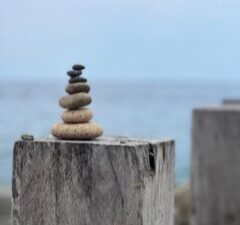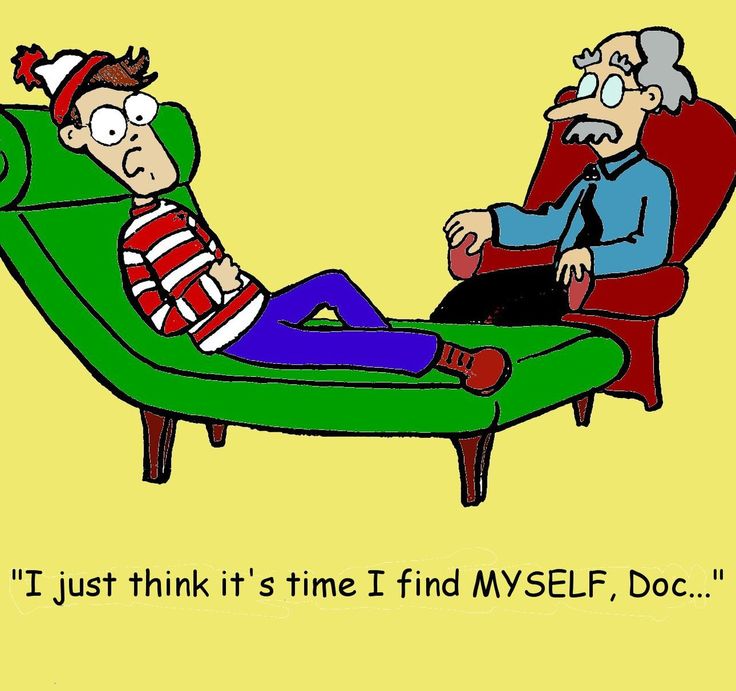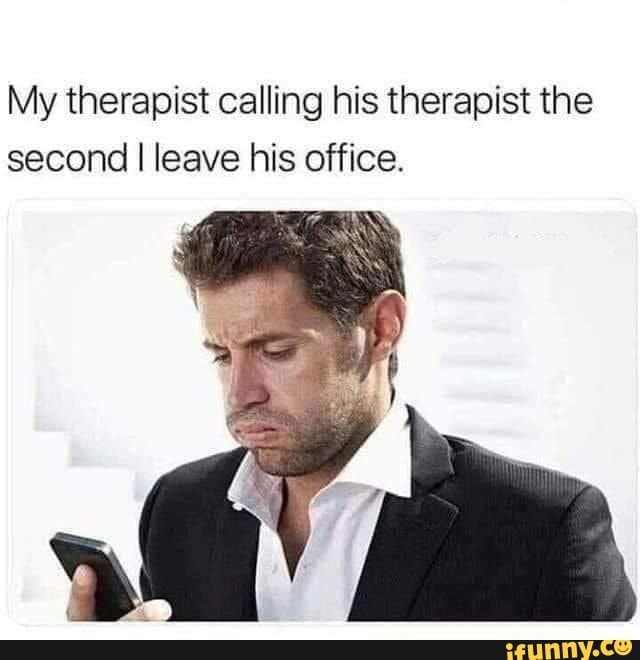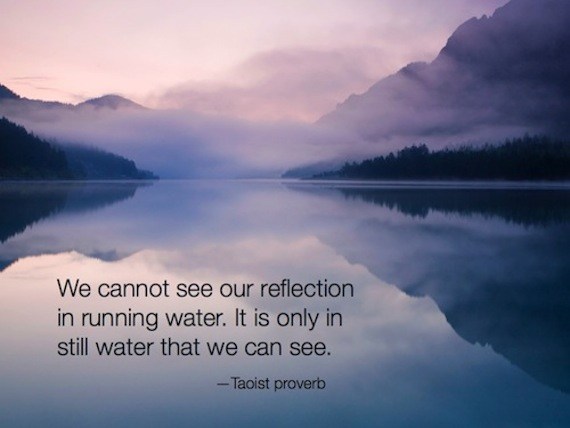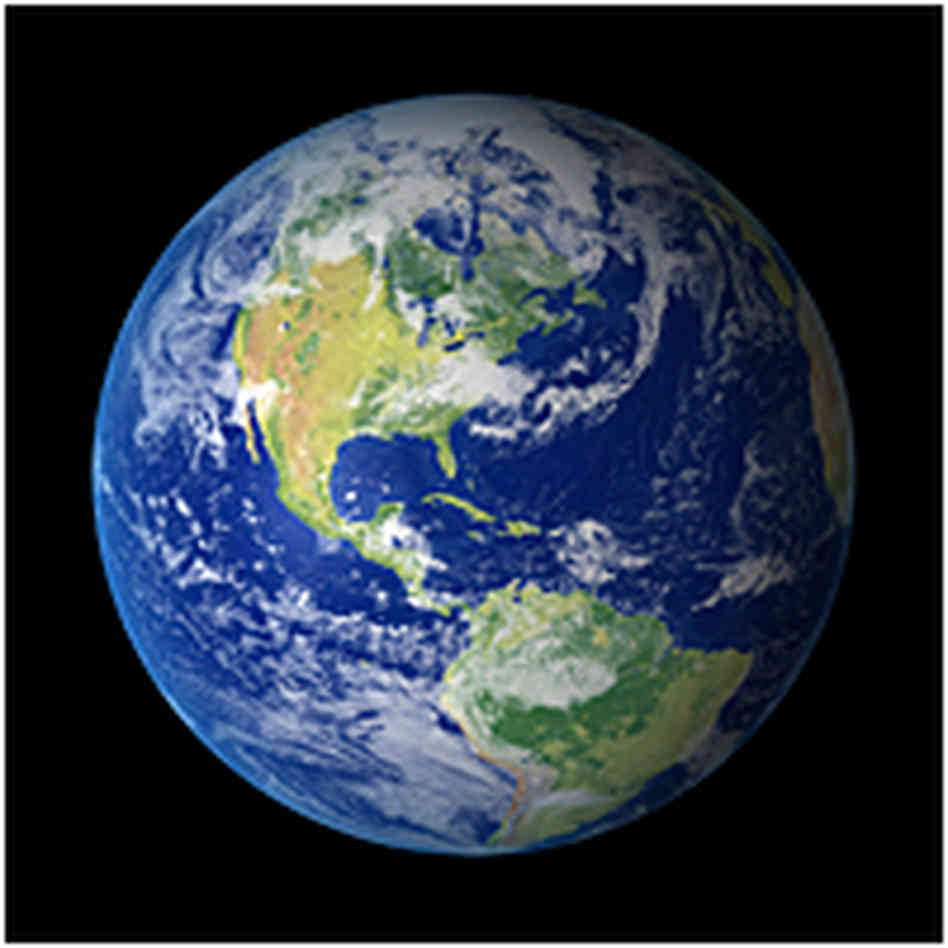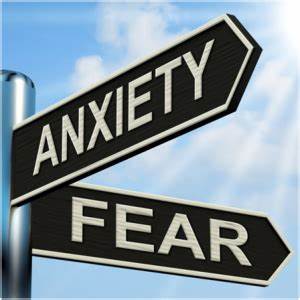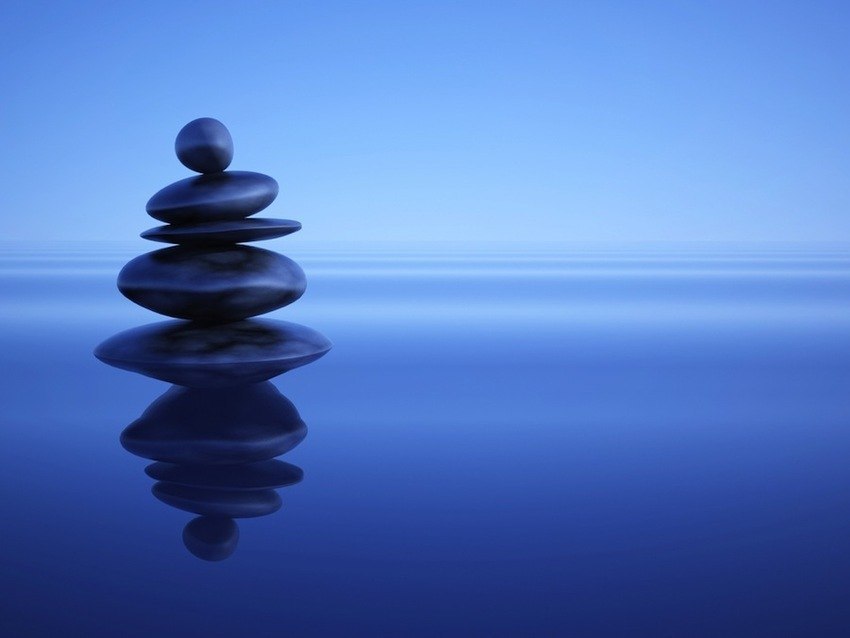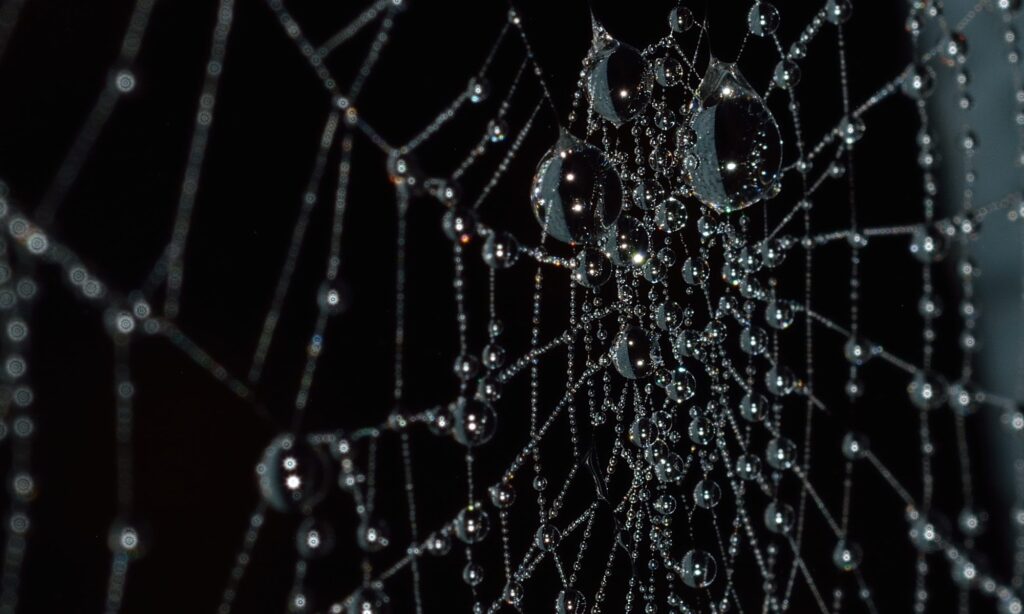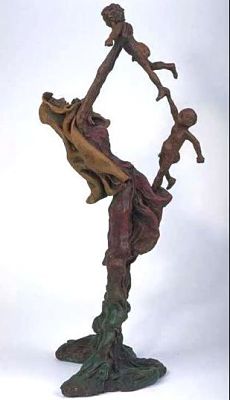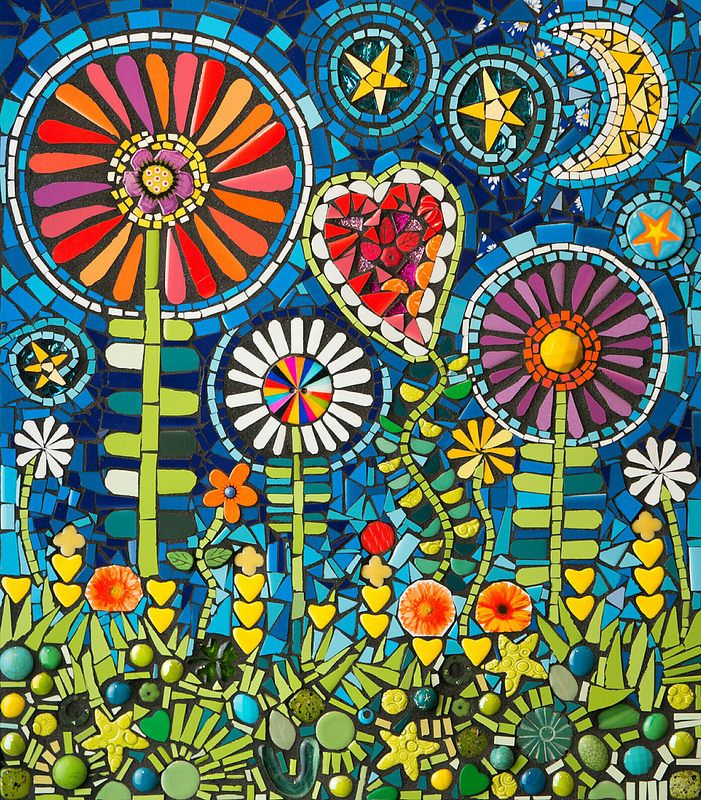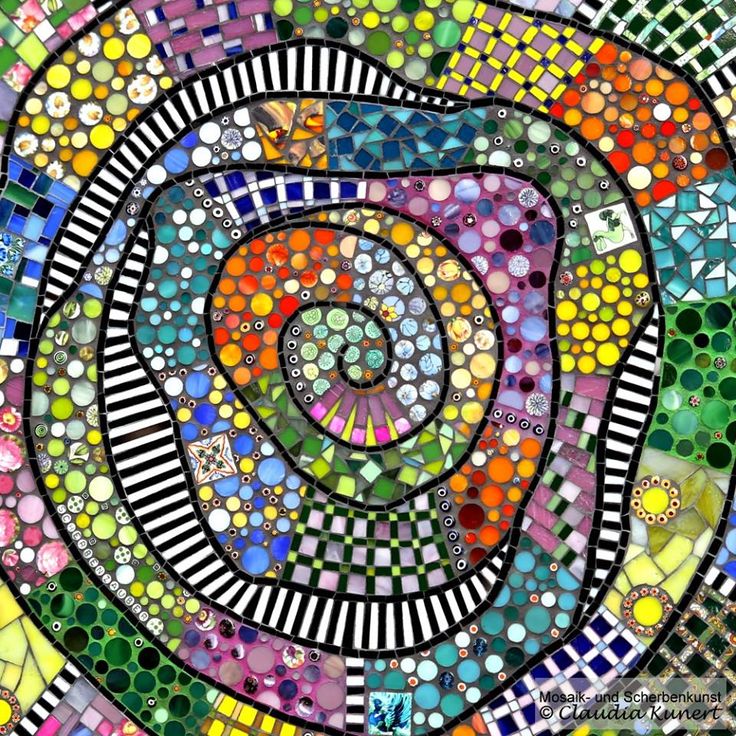We recently went back to church after more than a year. I honestly didn’t know how I would feel about it. You get out of the routine and get comfortable with doing other things. Add that to the fact that I am not sure how I feel about church and religion and faith these days, and, well who could predict how this would go.
As a family we had decided that, once we were able, we would be attending St. Luke’s Episcopal Church here in Stephenville. We have been there numerous times over the years and have some longtime friends among the congregation. And Father Brad is a gracious, funny, deep, and welcoming priest. And my kids listen to him when he preaches!
The first week we went was Palm Sunday, and it was just Lexi and I, and about 20-25 other people. I didn’t realize how much I missed the liturgy, and communion, and community. On Easter, we all went and stayed for a picnic with the congregation on the church lawn. We met new friends and laughed and talked about things trivial and consequential. I felt as if a part of me had started coming back to life.
The Saturday before Easter, we gathered with extended family and caught up and shared a meal and a lot of laughter and good times. Most of the adults have been vaccinated (got mine as soon as I could), so we felt safe to sit together and share life together after so long apart.
I told some people that next week that I felt like myself that weekend for the first time in a long time. One friend thought it was okay to remind me that I could have been doing these things all the time during the last year. I bit my tongue, but inwardly screamed out that, no, in fact I could not have done it, even if I had wanted to. But now, I finally feel like I can start to live again.
So now, as we see that we seem to be closer than ever to the end of this pandemic, and as I have found the freedom of being vaccinated, I want to spend some time looking back at this last year and make sure that I do not miss the lessons that are available through these challenging times. They are far too valuable to leave behind, too precious to not let them change us. I am going to try to process them in my mind and heart, on paper, with others, and some of them will make it on this blog.
And my challenge to me, and to you, is this…do not just run back to the way things were before Covid. Do not try to simply pick up the life that had to be put on hold in many ways.
First of all, that world doesn’t really exist any longer. Second, we are not the same people we were a year ago. And finally, there were a lot of things in the old way that were not working very well, and we have an opportunity to do better.
As I look around at the daily tragic headlines, it is obvious that many of us are not ready to embrace a more united, less violent, and angry future. Which makes it that much more important for those of us who want a different world to roll up our sleeves and set about making it so. Peace.
